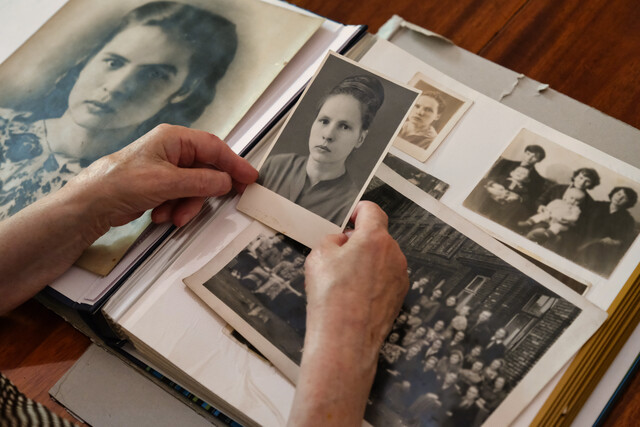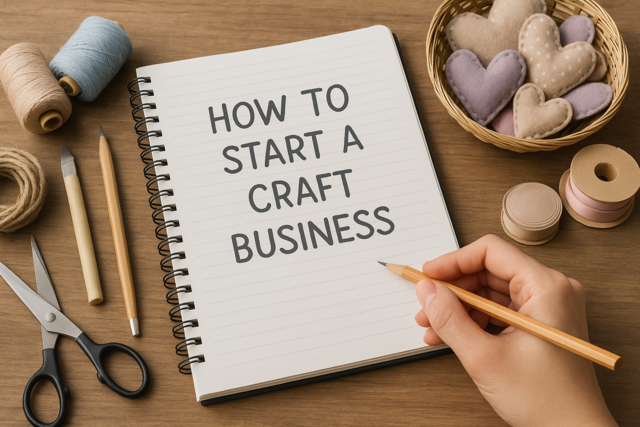Genealogy
Uncover Your Heritage, Embrace Your Legacy

4 Hours average completion time
0.4 CEUs
13 Lessons
14 Exams & Assignments
409 Discussions
13 Videos
26 Reference Files
99 Articles
Mobile Friendly
Last Updated January 2026
Do you ever find yourself wondering about the stories of those who came before you? Do you want to uncover the journey that shaped your family, your heritage, and ultimately, your identity? Discovering your ancestry is more than just filling in names on a family tree; it's about revealing stories of courage, love, perseverance, and triumph. It's a journey into history, culture, and the rich tapestry of life that connects us all. And it's waiting for you to take that first step.
In Unraveling Roots, you're not just learning about genealogy--you're stepping into a narrative that is profoundly yours. From understanding your family's migration routes to discovering connections with significant moments in history, this course is designed to make history feel intensely personal. You'll find yourself piecing together the puzzle of your ancestry, guided by expert insights and strategies that make every discovery more meaningful, and every breakthrough more exhilarating.
What Sets This Course Apart
Imagine connecting with the past in a way that feels vivid and tangible, not just through facts and figures, but through stories and legacies. This course isn't just about accessing records; it's about cultivating a sense of identity, legacy, and belonging. Through captivating lectures and hands-on exploration, you'll gain the skills to explore not only the traditional paths of ancestry research but also innovative new avenues--like using genetic testing, oral histories, and cultural archives.
This isn't just another course; it's an invitation to rediscover your heritage in a transformative, eye-opening way. You'll learn to navigate complex historical records and personal stories, whether your family narrative includes immigrating from far-off lands, enduring hardship as early pioneers, or shaping communities as unsung heroes of local history. You'll develop the tools to breathe life into old photographs, interpret letters, and discover new relatives you never knew existed.
Why This Course is Essential
The magic of genealogy lies in the connections. By the end of this course, you won't just know who your ancestors were--you'll understand their choices, their sacrifices, and the extraordinary resilience that led to your life today. You'll not only create a detailed family tree but weave together stories that make those branches bloom with vibrant detail. And as you gain confidence and mastery, you'll realize that this isn't just a research project--it's a journey of self-discovery.
Whether you're the family historian, the curious truth-seeker, or the person entrusted with preserving your family's stories, Unraveling Roots is designed with you in mind. Here, you'll find the practical skills, in-depth knowledge, and personalized insights that no other course offers.
Transforming Curiosity into Legacy
Picture yourself sitting with a relative, listening to stories you've never heard before, and asking the questions you never thought to ask. Imagine the sense of wonder when you find the birth certificate of a great-great-grandmother who crossed oceans and countries to build a new life. Envision the joy of reconnecting with long-lost relatives and preserving these precious narratives for future generations.
This is more than a course; it's a living, breathing journey into the fabric of who you are. It's a way to honor your ancestors and gift future generations with a piece of their own history. This isn't just research; it's a way to connect with those who came before and understand the legacy you carry forward.
Why Wait to Begin?
Join us in this immersive journey, and turn your curiosity into a lasting legacy. It's time to unlock your family's past, celebrate its resilience, and uncover the stories that are uniquely yours. Don't let those stories fade. Start today and discover that history isn't something to be studied--it's something to be lived.
- Collaborate with communities and distant relatives
- Enhance attention to detail and accuracy
- Adapt to evolving research methodologies and technologies
- Research and analyze historical records
- Cultivate storytelling and narrative creation abilities
- Utilize digital tools for genealogical research
- Strengthen cultural and historical understanding
- Develop critical thinking and problem-solving skills
- Compile and organize complex data sets
- Improve communication and interview techniques
- Navigate challenges in genealogical research
-

How to Decorate a Room
-

Freelance Writing 101
-

Home Safety
-

Candle Making
-

ABCs of Technical Writing
-

Fashion Design 101: An Introduction
-

Introduction to Gardening
-

Nonfiction Writing 101
-

Buying and Selling Antiques and Collectibles
-

Journaling and Memoir Writing
-

Mystery Writing
-

Landscaping 101
-

Pie Baking 101
-

Advertising, Marketing and Sales Writing
-

Poetry Writing 101
-

Interior Decorating Made Easy
-

Soap Making Mastery
-

How to Bake Cookies
-

How to Start a Craft Business
-

Travel Writing 101
-

Historical Fiction Writing
-

Photography 101: Beginner to Intermediate
-

Etiquette Consultant
-

Novel Writing 101
-

Cake Decorating